
Plumbing problems always seem to happen at the worst time, like when your only toilet refuses to flush before guests arrive, or a pipe bursts in the middle of the night. That's where emergency plumbing comes in.
But what is emergency plumbing? Simply put, it’s any plumbing issue that poses an immediate risk to your property, safety, or hygiene. From burst pipes to gas leaks, knowing what counts as an emergency (and what doesn’t) can save you stress, money, and damage to your home.
Let’s break it down step by step.
How To Identity If You Have A Plumbing Emergency
Not all plumbing problems are emergencies. A dripping tap or a slow-draining sink can usually wait a day or two. But if you notice:
Water leaking uncontrollably
If you can’t stop water from pouring out of a pipe, tap, or fitting, you’re in emergency territory. Uncontrolled leaks can quickly lead to flooding, property damage, and even electrical hazards.
Flooding in your home
Any standing water inside your house is a red flag. Flooding can damage floors, walls, and furniture, and the longer it sits, the more expensive it becomes to fix.
Toilets or sinks overflowing
When water or waste comes back up instead of draining away, it’s more than just messy, it’s a hygiene issue. Overflowing toilets and sinks can spread bacteria and make parts of your home unusable.
Strong smells of gas or sewage
A rotten egg smell could signal a gas leak, which is immediately life-threatening. Similarly, sewage smells indicate a blockage or backup that could be dangerous for your health. Both situations require urgent professional help.
No access to hot water (especially in winter)
Hot water is essential for washing, cleaning, and staying healthy. In the colder months, losing hot water can even put vulnerable people at risk. If your boiler or water heater fails and you can’t get hot water, it’s considered an emergency.
A good rule of thumb: if the issue puts your home, health, or safety at risk, it’s an emergency.
The Most Common Types Of Emergencies And How To Handle Them
Plumbing emergencies come in different shapes and sizes. Here are some of the most common ones and what you should do:
Toilet Clogs
A blocked toilet is more than just annoying, it’s a hygiene risk. If water is rising or spilling over the edge, don’t keep flushing. First, try a plunger. If that doesn’t fix it, call a plumber straight away.
Sewer Backup
This is one of the worst emergencies you can face. If sewage starts backing up into your home, it’s both dangerous and damaging. Call a professional immediately. Don’t try to handle this one on your own.
When Should You Call For Expert Assistance Than Try Fixing The Problem Yourself?
DIY fixes are fine for minor issues like replacing a washer or tightening a loose tap. But for emergencies such as:
- Flooding under your sink
- Water that won’t drain anywhere in the house
- Rising water bills with no explanation
- Gas smells near appliances
- Toilets overflowing constantly
It's best to get an expert plumber in. Professionals have the tools and training to fix the problem safely and prevent it from coming back.
The Top Plumbing Emergencies
Wondering what classes as emergency plumbing? Here are the biggest plumbing emergencies you need to be aware of:
- Burst Pipe
A burst pipe is one of the most destructive plumbing emergencies. In just a few minutes, hundreds of litres of water can gush into your home, soaking carpets, damaging walls, ruining electrics, and even weakening your property’s structure. Burst pipes are often caused by freezing weather, old pipework, or sudden pressure changes in your system.
What to do:
- Locate your stopcock (main water shut-off valve) and turn it off immediately.
- Switch off electrics in the affected area if water is near sockets or wiring.
- Call an emergency plumber straight away. The faster you act, the less long-term damage you’ll face.
- Frozen Pipe
Frozen pipes are a silent winter hazard. When water inside the pipe freezes, it expands, putting enormous pressure on the pipe walls. This can block your water supply and, worse, cause the pipe to split when it thaws. Frozen pipes are especially common in lofts, garages, and outdoor areas where pipes aren’t insulated.
What to do:
- Turn off your water at the stopcock to prevent flooding if the pipe bursts.
- Try to gently warm the frozen section using a hot water bottle or warm towels (never use an open flame or blowtorch).
- Call a plumber if you’re unsure or if the pipe has already cracked.
- No Hot Water
Hot water isn’t just for comfort, it’s vital for cleaning, cooking, and hygiene. Losing hot water suddenly, especially in winter, can quickly become an emergency. The cause might be a broken boiler, faulty water heater, frozen pipe, or even a tripped fuse.
What to do:
- Check your boiler for error codes or reset options.
- Ensure your thermostat is working and your fuse box hasn’t tripped.
- If there’s still no hot water, call a heating engineer or plumber. Don’t try to take apart your boiler yourself, it’s a job for Gas Safe professionals.
- Clogged Drains
A slow drain is annoying but manageable, a completely blocked drain is another story. It can cause foul smells, stagnant water, and even raw sewage to back up into your sinks, bath, or shower. Left untreated, it becomes a hygiene risk and can damage your pipes.
What to do:
- Try a plunger or a drain snake to dislodge minor clogs.
- Avoid pouring harsh chemicals down the drain, as these can damage pipes.
- If the blockage persists or multiple drains are affected, call an emergency plumber to investigate with specialist tools or a CCTV drain survey.
- Blocked Toilet
Few plumbing problems cause as much panic as a toilet that won’t flush. If plunging doesn’t work and the water keeps rising, you’re looking at an emergency. Overflows are unhygienic, messy, and stressful. Sometimes the blockage is deeper in your waste pipe.
What to do:
- Stop using the toilet immediately to avoid overflows.
- Try plunging or using a toilet auger if you have one.
- Call a plumber if the water level keeps rising or if you hear gurgling noises from other drains (a sign of a bigger blockage).
- Gas Leaks
Gas leaks are the most dangerous emergency of all. They can cause explosions, fires, and carbon monoxide poisoning. Warning signs include the smell of sulphur (like rotten eggs), headaches or dizziness in the home, or hissing sounds near appliances.
What to do:
- Leave the property immediately, do not use electrical switches, light matches, or smoke.
- Turn off the gas supply at the meter if safe to do so.
- Call emergency services and a Gas Safe registered engineer right away.
- Do not return indoors until professionals confirm it’s safe.
How Do You Know If A Pipe Burst?
Some signs that a pipe has burst include:
- Sudden drops or fluctuations in water pressure
- Water that looks cloudy, foamy, or discoloured
- Strange noises like hissing, banging, or gurgling
- Puddles appearing near sinks, walls, or floors
- A sudden spike in your water bill
If you spot these, turn off the stopcock and call a plumber right away.
Emergency vs. Urgent vs. Routine Plumbing Issues
Emergency
An immediate threat to your property, health, or safety (burst pipes, gas leaks, overflowing toilets). Needs action right away.
Urgent
A serious issue but not an immediate danger (no hot water, severe blockages, constant leaks). Should be fixed the same day.
Routine
Minor issues you can schedule (dripping taps, slow drains, water pressure adjustments).
Conclusion
When plumbing problems strike, it’s easy to panic — but knowing what counts as a true emergency helps you act fast and prevent costly damage. Burst pipes, gas leaks, flooding, or no hot water are all urgent issues that need immediate attention from professionals.
At SAS Gas, we’re here when you need us most. Our qualified engineers provide fast, reliable emergency plumbing support to keep your home safe and functional — day or night. We also offer expert boiler service in Sheffield to keep your heating system running efficiently all year round and prevent many of these issues from happening in the first place.
And if your system is outdated or keeps breaking down, our professional boiler installation in Sheffield service ensures your new boiler is fitted safely, efficiently, and in full compliance with Gas Safe regulations.
Whether it’s an emergency callout or preventative maintenance, we’ll help you protect your home, your comfort, and your peace of mind.
FAQs
Find answers to your most pressing questions about plumbing and heating services.
Emergency plumbing is when a plumbing issue poses an immediate risk to your home, safety, or health (such as flooding, gas leaks, or not hot water in Winter).
Common emergencies include burst pipes, gas leaks, blocked toilets, overflowing drains, and frozen pipes.
On average, emergency plumbers charge between £110-£120 per hour, depending on time and severity.
Minor issues like a dripping tap can be DIY. But for emergencies such as leaks, gas smells, or sewage backups, always call a professional.
Most reputable companies offer at least a 12-month guarantee on their work.
Still have questions?
We're here to help you with any inquiries.
Looking for Help
with your Plumbing?
Contact us now
Explore Our Other Insights
Stay updated with our plumbing and heating tips.

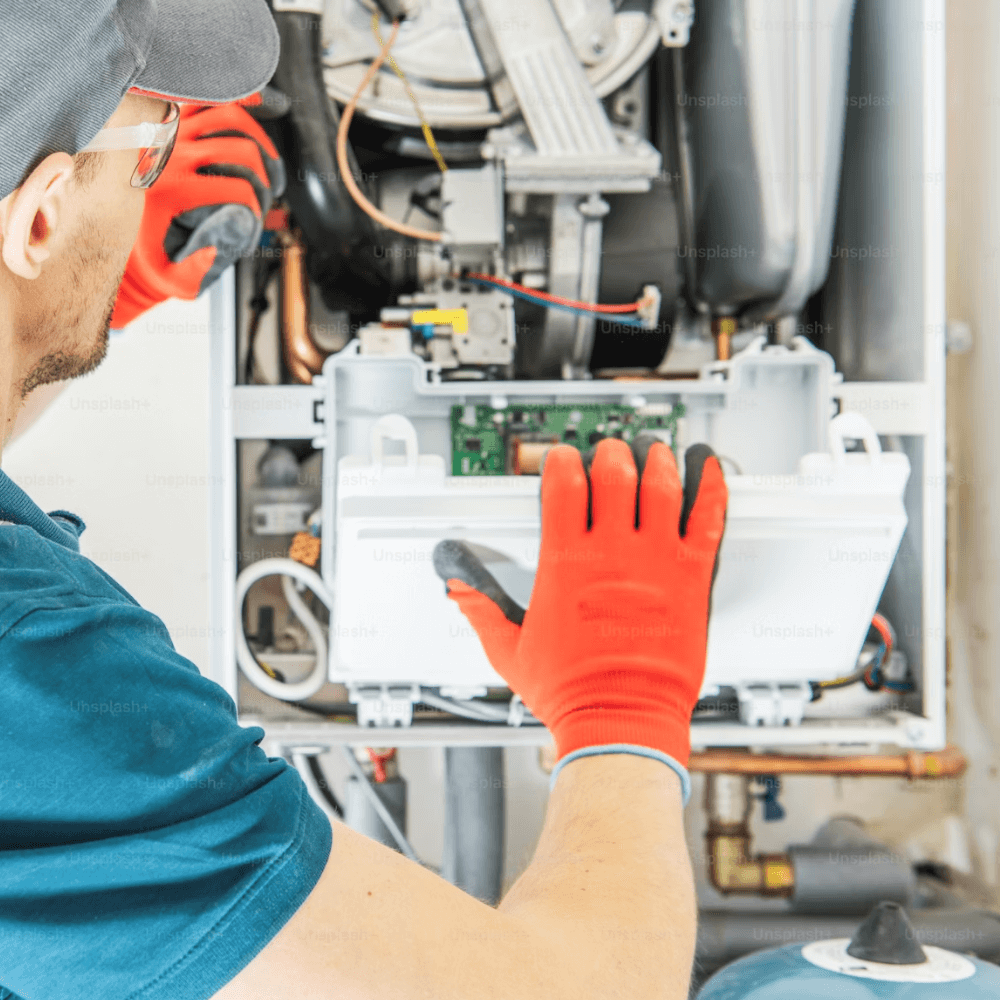
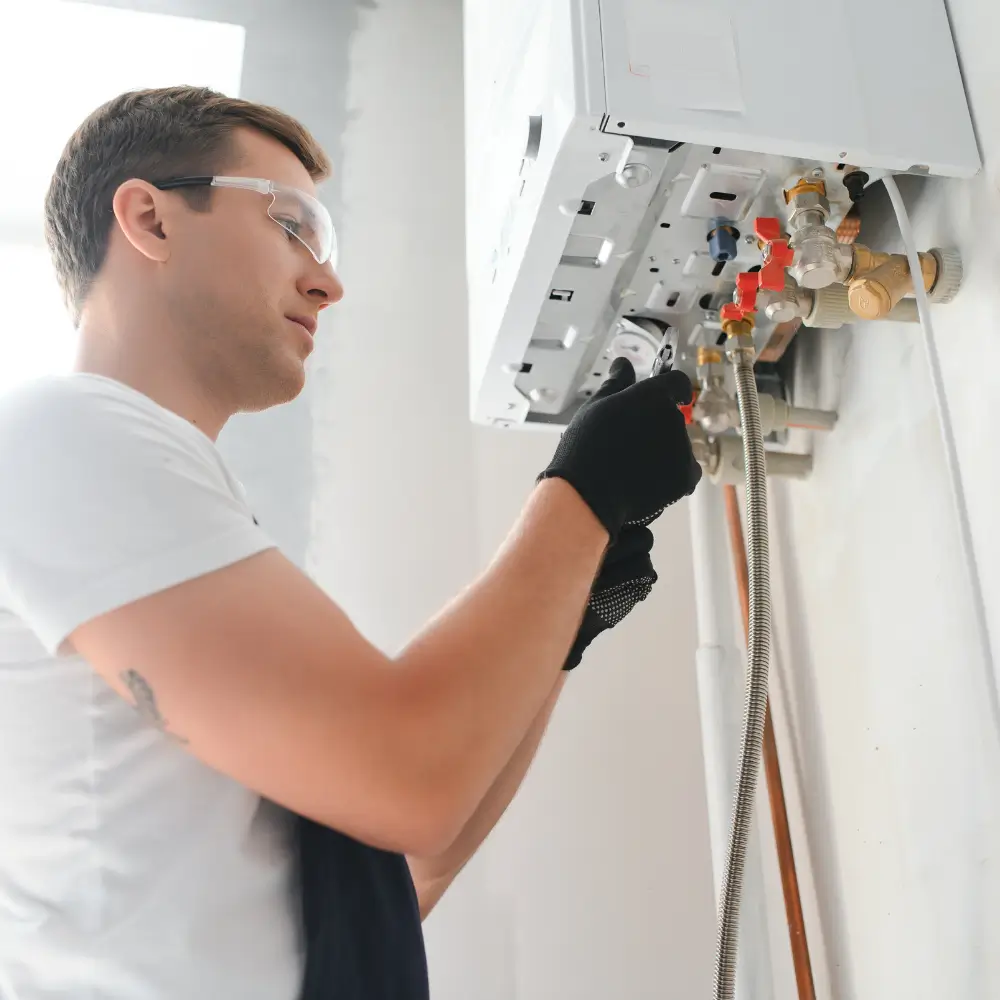
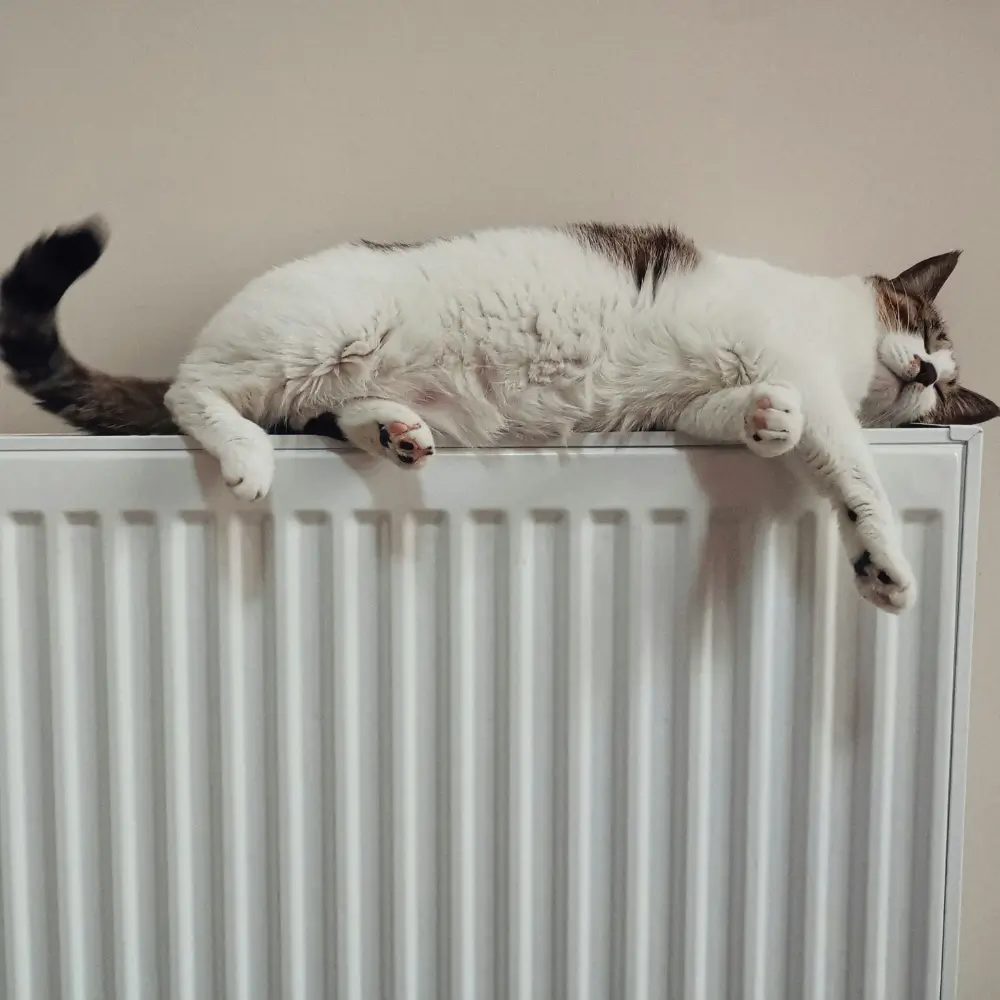
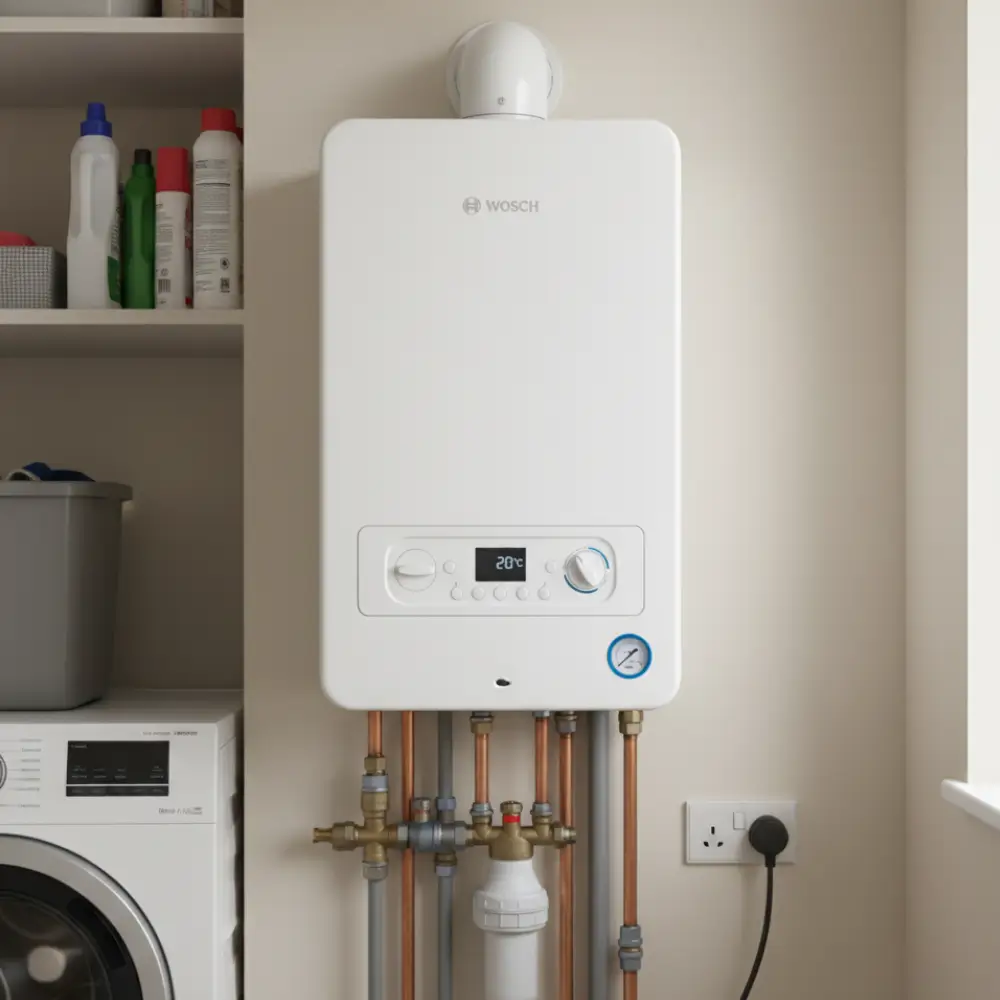
.webp)
.webp)
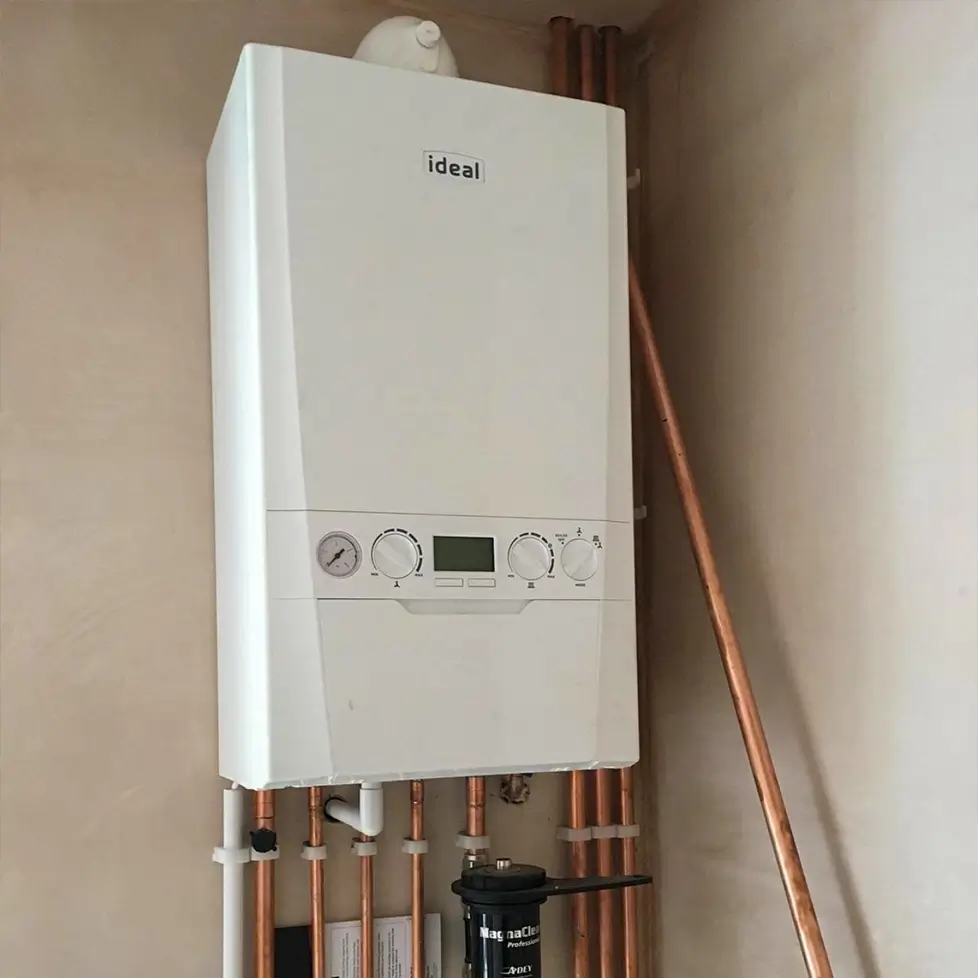
.webp)

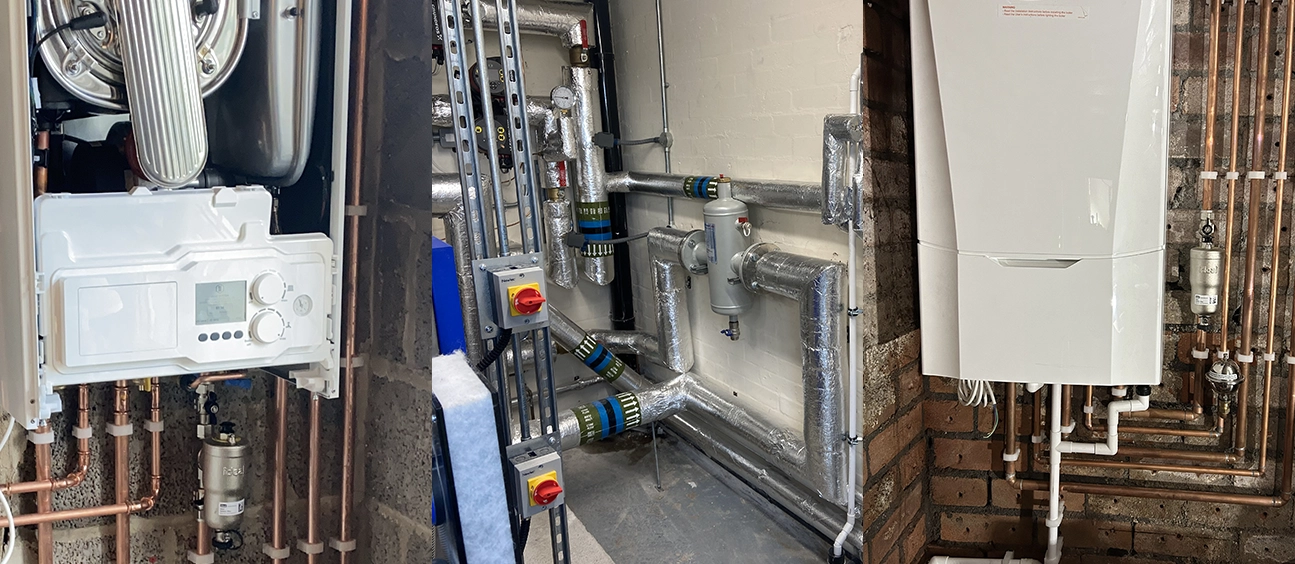
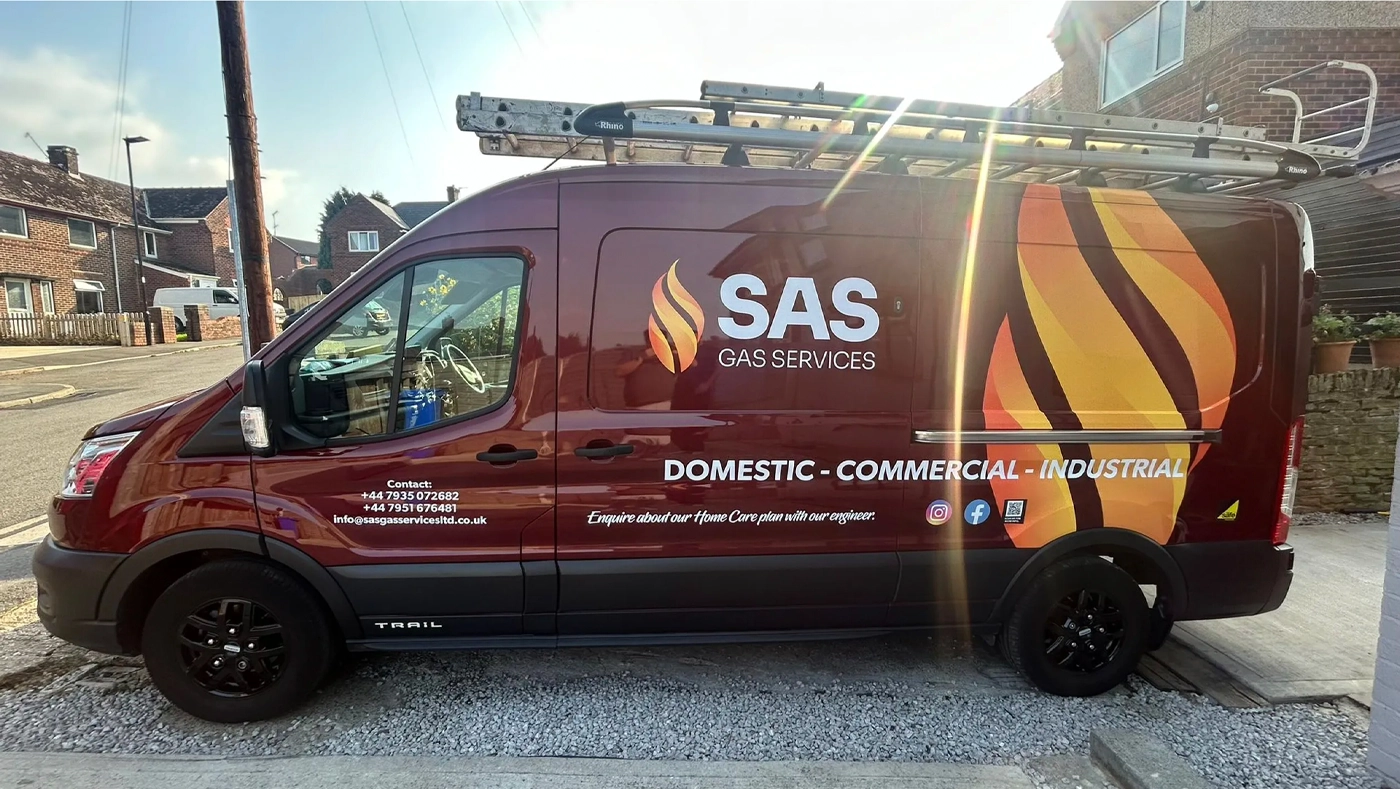
.webp)

